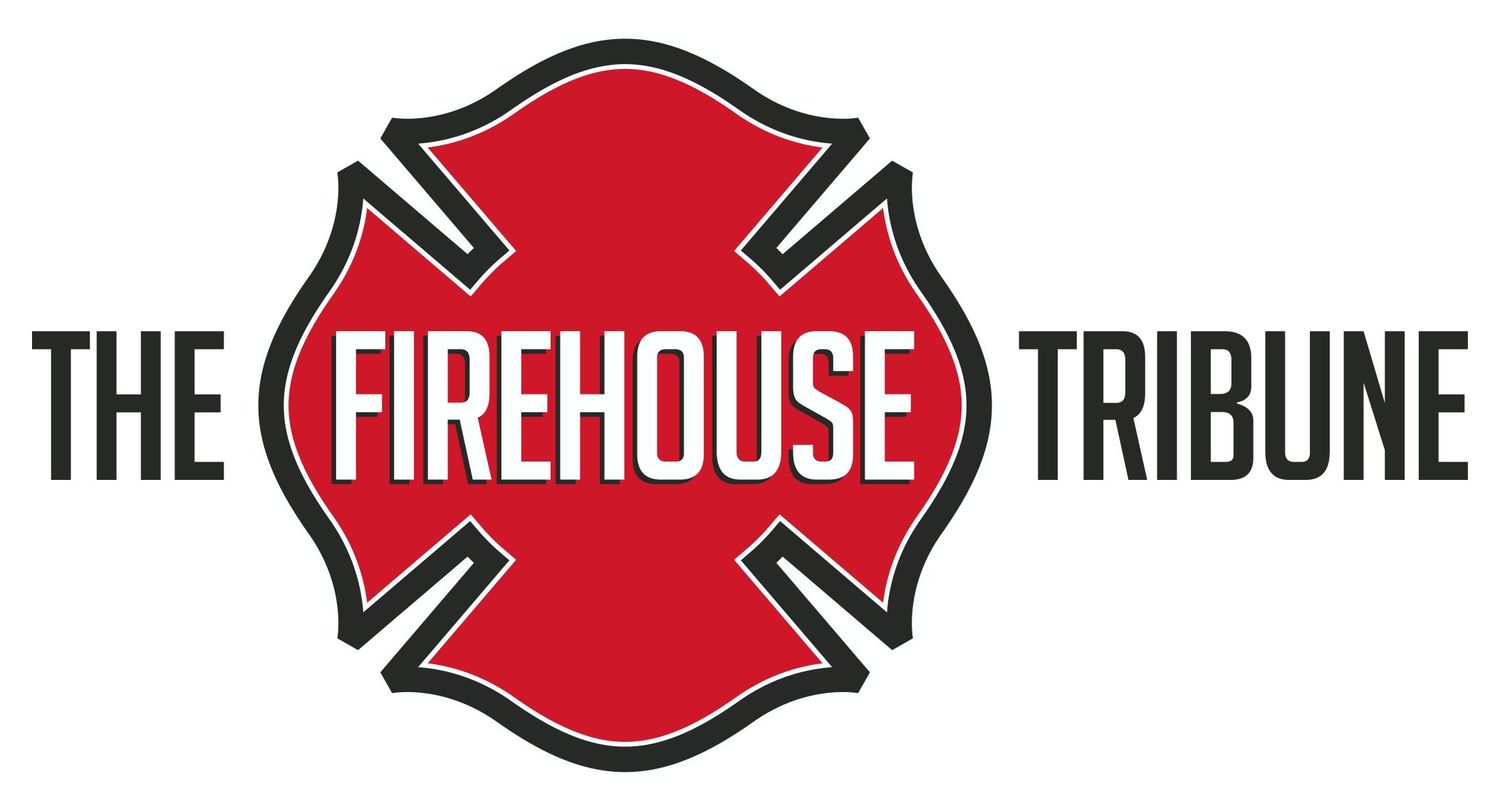Benefits of Stretching
Unlike athletes firefighters and other first responders don't know when "game time" will be. It could be at 7am or it could be at 11pm but in any case we need to ensure we are at our best when the alarm goes off. As we know, we cannot predict when runs will come in and when they won't but preparation of our bodies before and during shift is just as equally as important as preparing our gear, tools and apparatus. Further, being able to wind down after runs is just as important as preparing for the shift and the potential call volume. This will help prepare the mind and body for work.
So where am I going with this?
I'm going with a focus on stretching. That's right. Stretching.
Stretching, even a short routine, added to your daily routine is a great benefit for overall health and wellness and pays off large dividends. It could be used as a pre-workout or a post-workout routine or both. Stretching can help unwind and release tension after a hectic day or even a long duration run as well as assist in increasing energy levels.
Here are some health benefits to stretching that help can keep you on the path for a long shift in the firehouse and overall better health.
1. Improves flexibility and agility which is important for all firefighters
2. Helps keep a decreased resting heart rate. A health heart is vital for all firefighters
3. Increases the circulation of blood and oxygen to the muscles
4. Helps remove waste from tissues such as lactic acid which is built up during intense exercise. Sometimes causing painful, sore muscles.
5. Helps prevent injuries
6. Increases overall mood and well-being.
Stretching at its best could be used a form of exercise for the body and mind. Keep in mind to only stretch as far as your current level of flexibility and over time the range of motion will gradually increase.
6 Stretches to do everyday to help improve flexibility, blood circulating, oxygen levels, relieve stress and tension. Do all 6, three times for 15-30 seconds each.
Quadricep stretch
Hamstring stretch
Calf raise
Spinal twist
Kneeling hip-flexor
Chest opener
Always remember, before beginning any type of exercise program to consult with your primary physician first.
Side note: As per the 2018 NFPA Journal on firefighter injuries, there was an estimated 58K plus injuries estimated in 2018 and also the lowest since the NFPA has been analyzing this data in 1981. In this report it was noted that the major type of injury during fire ground operations were strains and sprains, which accounted for 38% of all injuries while it accounted for 59% of all non-fire ground injuries.
Until next time; work hard, stay safe & live inspired.









